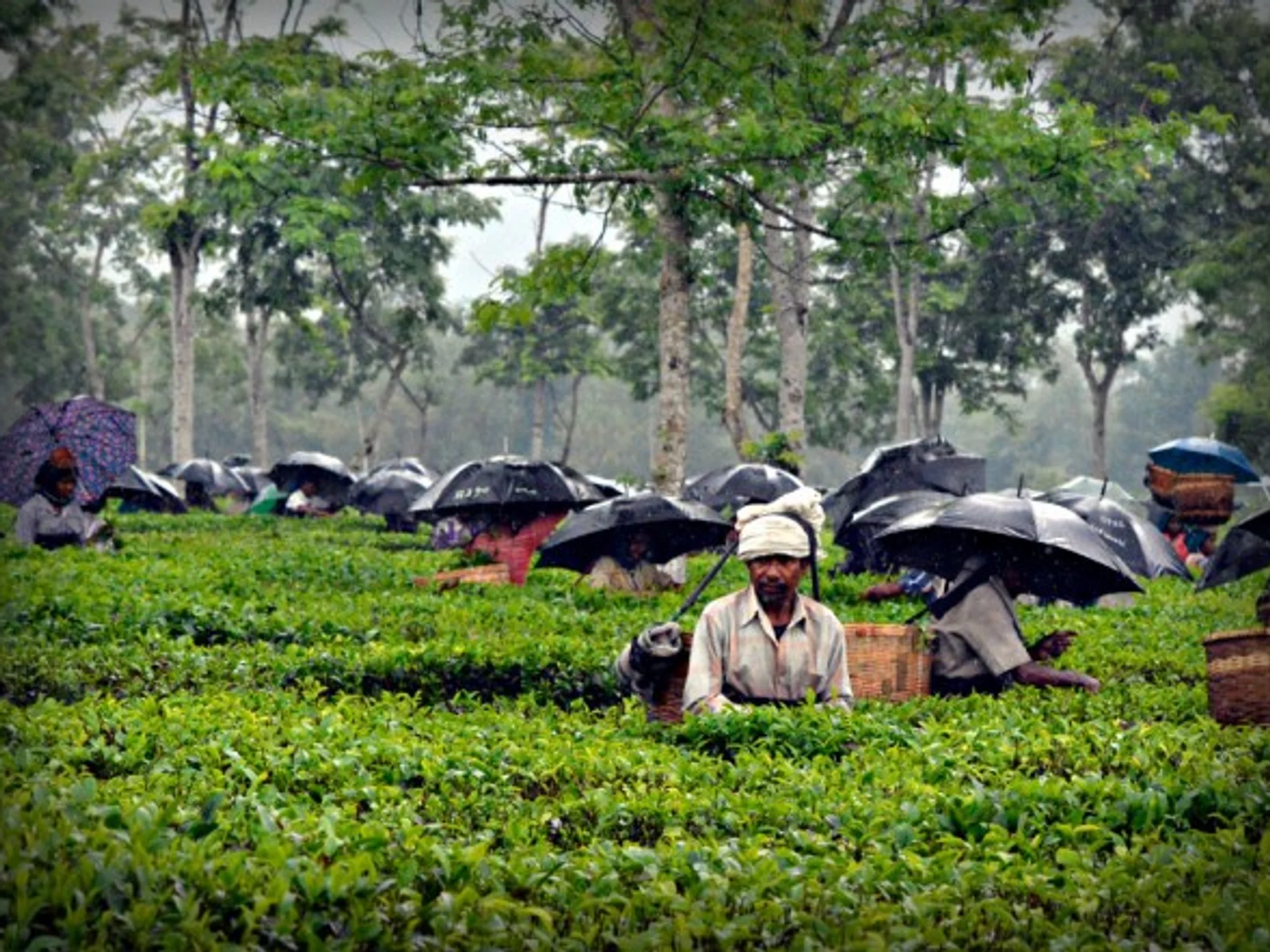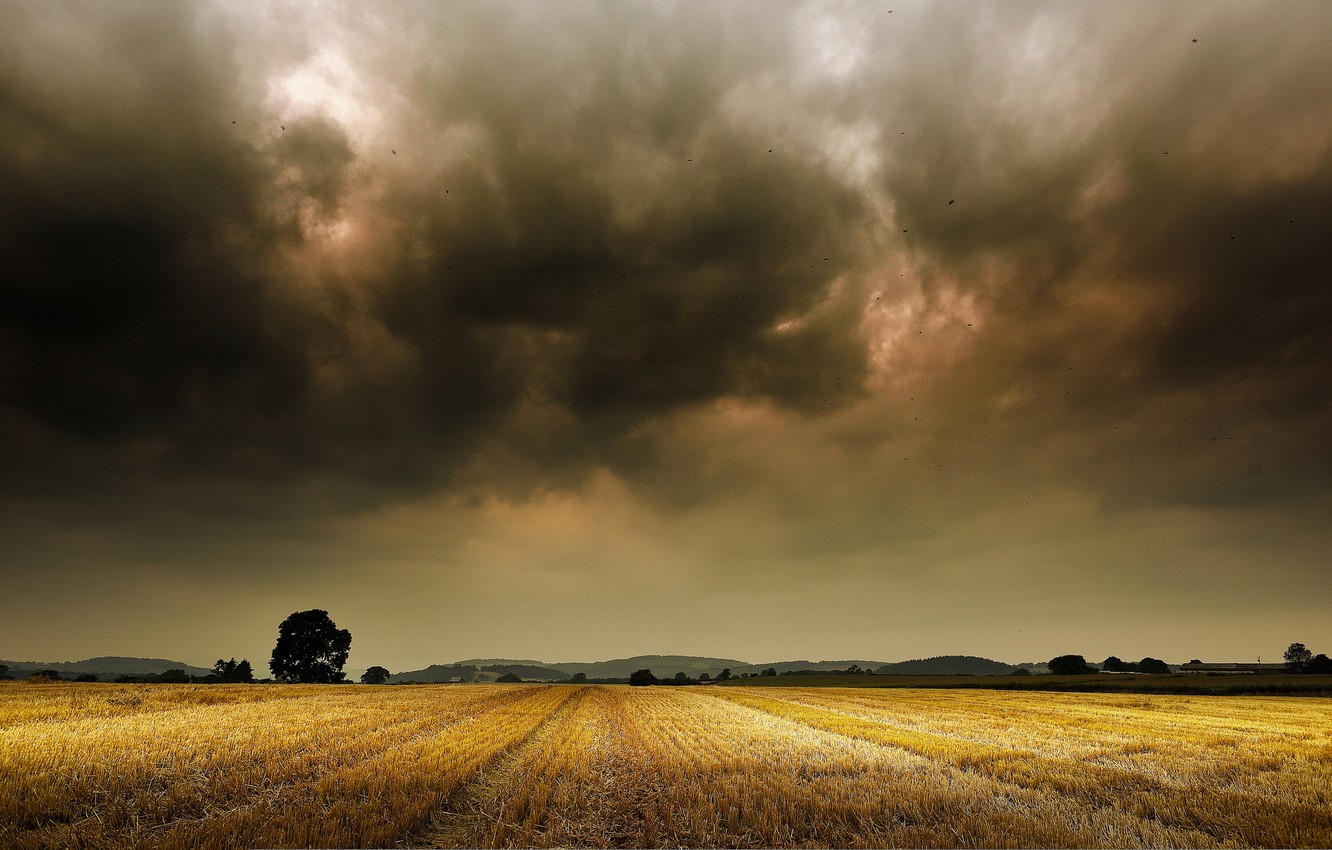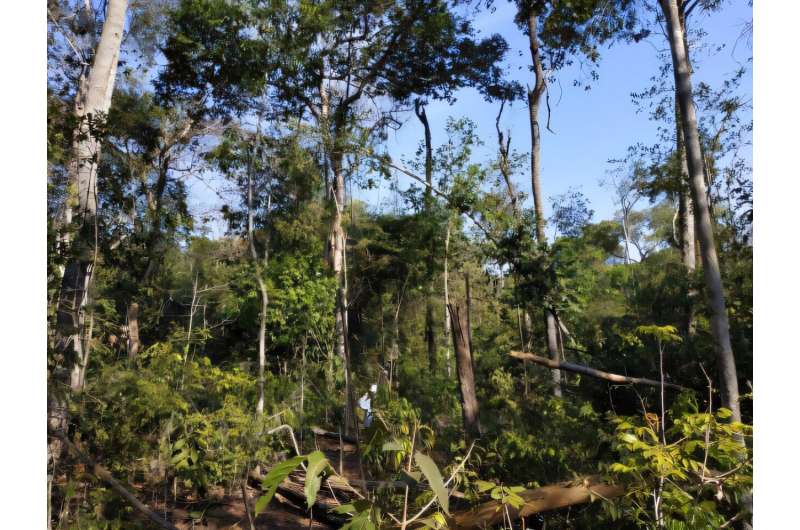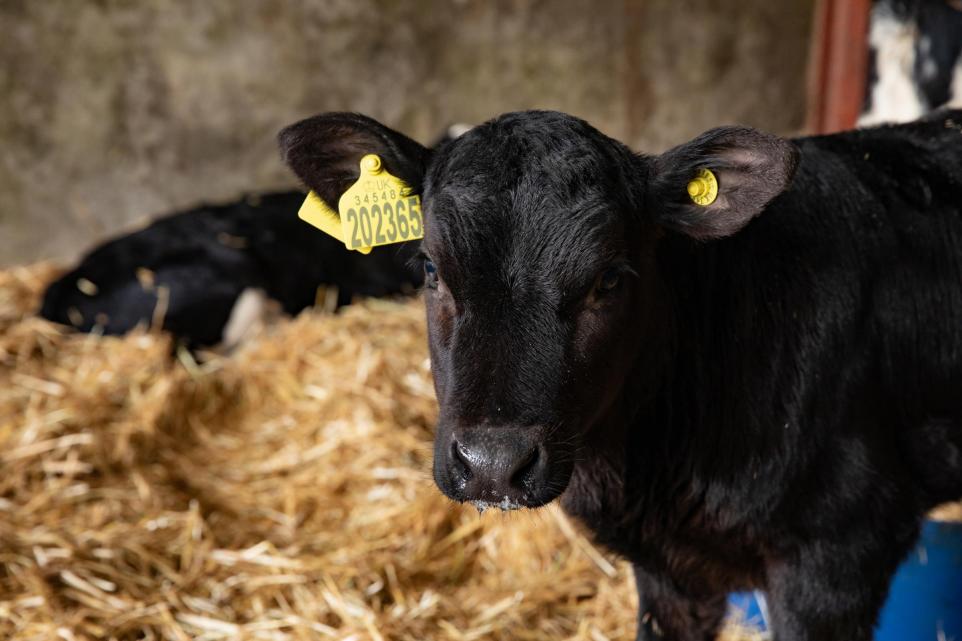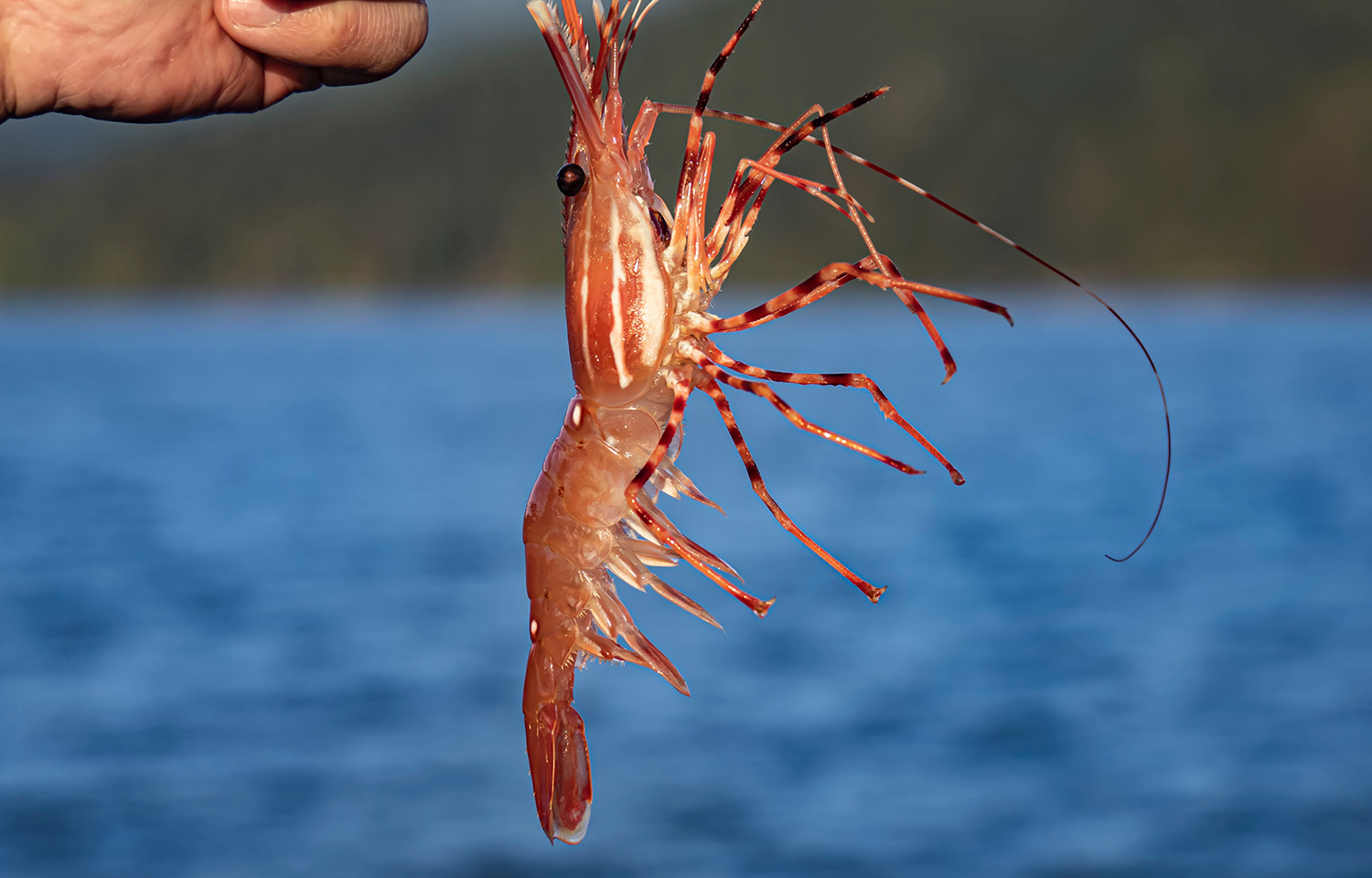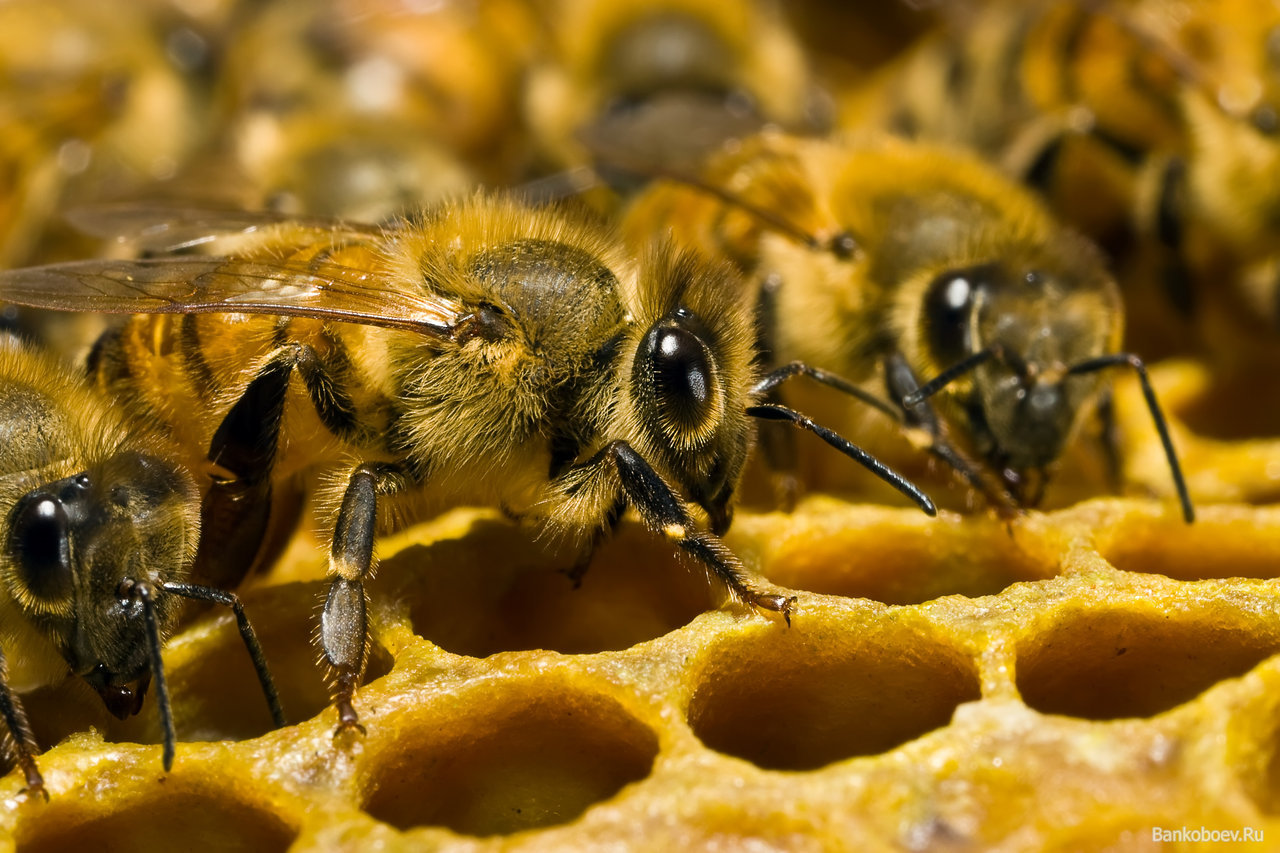After the highest rate of winter honeybee colony loss in Virginia since 2000, honey production is expected to be lower this year, state apiarist Keith Tignor said.
Agriculture and crop pollination could be affected along with honey production. With fewer honeybee pollinators, crops that depend on these insects, including apples, blueberries and oranges, could suffer, according to the Virginia Department of Agriculture and Consumer Services.
The losses of honeybee colonies over this past winter were almost 60 percent, Tignor said. That’s about double the normal average of 30 percent per year and the highest loss rate since 2000, when the state began monitoring the data.
To combat colony loss, the state agriculture department is encouraging newcomers to enter the beekeeping industry and is urging current apiarists to add to their hives. The general public also can plant pollinator gardens and window boxes to benefit pollinator species.
“It’s not just honeybees we’re concerned about — it’s all our pollinators,” Tignor said. “We want to make sure they have lots of food out there. Whether it’s garden size or yard size or even a window box, it would be helpful.”
As an incentive to encourage beekeeping, the Virginia General Assembly created the Beehive Distribution Program, which began effective July 1, to provide beehive equipment directly to beekeepers. Those who apply for the program can receive up to three basic beehive units per year, made up of a hive box or boxes and frames, among other components.
That program is replacing the Virginia Beehive Grant program and fund, implemented in 2013, which allowed anyone who purchased a new hive or materials to construct a new hive to apply for a grant from the fund.
“When you lose your flowery fields, you lose your food for the bees,” said Elaine Lidholm, director of communications for the state agriculture department. “In other years, we’ve determined that it’s a combination of environmental conditions as well as disease.”
For fruits and vegetables that require insect pollination, honeybee losses can bring severe challenges. In Virginia alone, about 80 crops depend on insect pollinators for growth, Tignor said.
Globally, between $235 billion and $577 billion worth of annual food production relies on direct contributions by pollinators, according to an estimate from the Food and Agriculture Organization of the United Nations.
“In Virginia, about a third of our crops have to be pollinated to produce or produce well,” Lidholm said. “If you take three bites of food, and if you have no pollinators, you have to take one of those away.”
Though the causes of honeybee loss are numerous, the state has seen high rates of varroa mites and nosema infections recently, according to the state agriculture department. Both can shorten the lifespan of bees and result in greater losses.
“It’s not an issue of whether you have the parasitic mite, it’s how badly you’re affected,” said Wayne Surles, president of the Richmond Beekeepers Association. “Hardly any hives are free of that particular parasite.”
For some beekeepers in the Richmond area, a cold snap in January also contributed to widespread starvation — the main cause of colony loss in their hives. In the winter, honeybees will cluster inside the hive into a tight-knit ball of sorts to generate heat, with the center of the cluster reaching upward of 90 degrees, said Ed Mekalian, a beekeeper with 12 hives in Henrico, Goochland and Hanover counties.
Over the course of winter, the external layers of bees in the cluster will begin to die off, resulting in a cluster that grows smaller, he said. Once the cluster reaches a certain critical mass, the bees are unable to break cluster any longer, meaning the bees will no longer be able to reach the honey inside the hive, even if it’s an inch away.
“For me, the biggest cause [of bee loss] was not preparing well enough for the severe winter,” said Mike Church, who has 124 hives located mainly in King George County. “There were a few that just starved to death. Most were small colonies that just were not big enough. The large colonies did great.”
Lidholm said that although crop pollination is the foremost job of the bee, honey production also can be affected in times of severe colony loss.
For a hive that’s well-kept and healthy, the potential honey yield could surpass 100 pounds a year, though that number is far from the norm, Mekalian said. In the past several years, Mekalian said, he’s been thrilled if a hive of his has exceeded 50 pounds of honey production annually.
“Our bees don’t really have the wealth of forage to produce a lot of honey,” said Mekalian, who sells honey via his website. “If you look out your window at home, what colors do you see? The general answer is green, brown and black. Back in the day, when there was suburban farmland and [home gardens], a person could put a hive up in their own backyard and easily get 50 to 100 pounds off of it without even trying.”
Though honey may be in shorter supply, the number of consumers looking to purchase it is far from shrinking, said Church, who usually sells 60 to 100 gallons of honey per year. A hundred gallons is equal to about 1,200 pounds of honey.
A large proportion of local honey consumers, he said, are allergy sufferers seeking relief. A widespread idea among this group is that since honey can contain flower pollen, a common allergen, sufferers may experience a reduction in symptoms after continued exposure to small doses of the allergen, according to the Mayo Clinic.
“[Honey] is the easiest thing in the world right now to sell,” said Church, a member of Gateway Beekeepers Association in King George and the Northern Neck Beekeepers Club.
“Once word gets out that you have honey to sell, it seems like everyone’s looking for local honey.”
For these local apiarists, however, beekeeping and selling honey are hobbies, not full-time business ventures. Church and Mekalian said they typically hover around the breakeven point on expenses and revenue.
Mekalian sells a 12-ounce jar of honey for $11.
Years ago, Mekalian said, beekeepers could expect to yield enough profit to pay for a summer vacation or other extravagances. Now, Mekalian said that if he can meet his expenses, it’s a good year.
“There’s a saying in beekeeping,” said Mekalian, a member of the Richmond Beekeepers Association and the Virginia State Beekeepers Association. “If you want to make a small fortune in beekeeping, start with a large fortune.”
Source - https://www.richmond.com/

